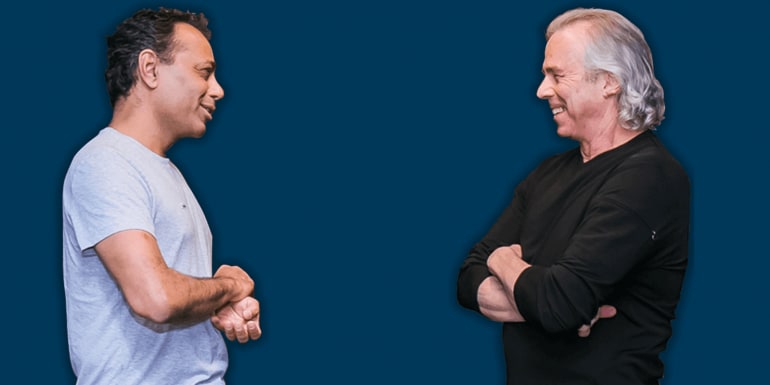
Winning hearts & minds in Chicago's struggling schools... with data
With the help of her professor, Katie grew from an aspiring leader to one of Chicago’s most respected school administrators.
What traits come to mind when you think of the attributes of an excellent school administrator? You might say being affable, able to connect with students and teachers, and maybe even fun. When asking what sets assistant principal Katie Magnuson apart from her peers, we certainly didn’t expect to spend time talking about leadership through the use of data, but that’s exactly what happened. University of Illinois at Chicago professor Shelby Cosner has played no small part in Magnuson’s steady rise to becoming one of Chicago’s most respected school administrators.
Katie, who now works at Skinner North Classical School, was part of Professor Cosner’s cohort-based program at UIC. As members of the cohort, aspiring school leaders spend several years learning the fundamentals of educational leadership by way of not just classroom learning, but also a rigorous resident principal program at a struggling school. During their year-long residency they also work closely with a UIC leadership coach.
“Katie was able to use her incredibly strong data skills to make sense of large student learning and instructional data sets, and help her school leadership team draw conclusions about the strengths and growth areas at her school. It’s not an easy thing to do.”
Katie has a special way of getting people to work with and for her. She is patient, reflective, and persistent all at the same time.
— Beverly LaCoste, School Leadership Coach, UIC
Professor Cosner credits Katie’s work ethic and passion as driving factors that have led to her success, although it’s evident that Cosner herself is behind more of it than she admits. Each year, she helps her students realize that being a data-driven leader involves much more than coming into a school, seeing low math scores, and then trying random strategies to improve them. To really get to the heart of improving learning outcomes, one needs to take a long-game approach and must go where the data leads.
Professor Cosner helps her students grasp this by assigning real-world exercises that have a “heavy lift” component. For Katie, this meant building a school leadership team that would help guide this work and then leading the design and implementation of a data system that would find instructional problems that undermined student success. They then studies those instructional practices to determine whether they limited student learning.
“You can’t learn to swim by standing on the side of the pool,” Professor Cosner quips.
This project-based strategy has proven effective, and had a profound impact on Katie.
“It is rare to have a college professor who uses such strong educational pedagogical strategies, but that is Shelby Cosner,” Katie tells us. “She’s a dynamic and talented educator and professor. She engages students on a level that allows for deep understanding of content and connects learning to real life. Her classes pushed my thinking on leadership and made me strive to be my best. The work I did in her classes still guides my thinking, leadership, and understanding of trust.”
So, it seems, the secret to school improvement is in the data. But what of passion? In the case of both Katie and Professor Cosner, there’s more than enough of that to go around.
“Principalship is greatest job on the planet,” says Cosner, who served as a principal for years prior to becoming a professor at UIC. “It’s the most exciting job I’ve ever had in my life. I speak from my heart when I say that.”
If she’s able to impart that passion into more up-and-coming school leaders like Katie, the future of Chicago’s schools is in good hands.
